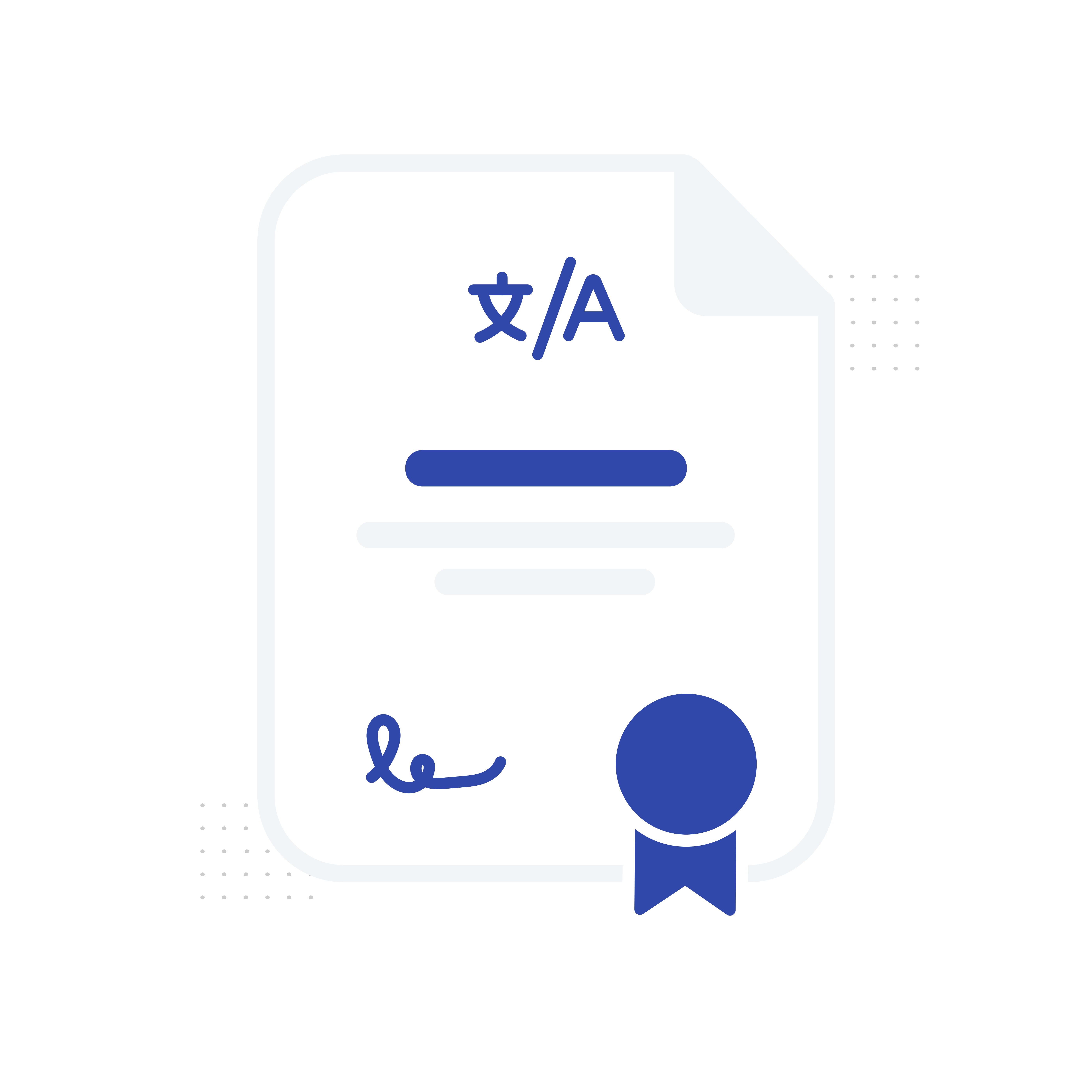Introduction
Whether seeking H-1B, E-3, or other visa types, understanding the unique challenges of getting Australian degrees evaluated for USCIS requires a nuanced understanding of higher education in Australia and the expertise of MotaWord’s reliable credential evaluators. Australian degrees come in various forms, including bachelor's, master's, and doctoral degrees, each with its own set of complexities when it comes to assessing their U.S. equivalency. Additionally, institutions like TAFE (Technical and Further Education) offer vocational qualifications that also require careful evaluation.
Join us as we explore the intricacies of Australian degrees, decipher USCIS requirements, and recognize the crucial role of immigration lawyers in achieving a smooth transition to life in the United States.
Understanding Australian Degrees
Australia is renowned for its world-class higher education system, attracting students from around the globe. Here, we delve into the intricacies of higher education in the Land Down Under, exploring accrediting bodies, typical degree structures, and the significance of TAFE.
The quality and standards of higher education institutions in Australia are meticulously regulated by several accrediting bodies. The most prominent among them is the Tertiary Education Quality and Standards Agency (TEQSA). TEQSA is responsible for accrediting and assuring the quality of higher education providers across the country. It ensures that universities and colleges meet rigorous academic and administrative standards. Another key body is the Australian Qualifications Framework (AQF), which provides a nationally recognized framework for qualifications. AQF encompasses all levels of education, from certificates to doctoral degrees, ensuring consistency and comparability.
Australian higher education follows a structured system that is well-aligned with international standards. The typical degree structure includes:
- Bachelor's Degrees: Undergraduate programs typically span three to four years. They offer a broad foundation in various fields. Only four-year programs are considered equivalent to US Bachelor’s degrees.
- Honours Programs: After completing a bachelor's degree, students can pursue an additional year of study to attain an Honours degree, focusing on research and specialization.
- Master's Degrees: Master's programs usually last one to two years, emphasizing advanced coursework and research.
- Doctoral Degrees: Doctoral programs, also known as PhDs, require rigorous research and typically take three to four years to complete.
In addition to traditional education routes, Australian students have access to Technical and Further Education (TAFE) programs. These programs offer vocational training, equipping students with practical skills and career preparation. TAFE serves as a pathway to further education, enabling students to earn credits towards university degrees, fostering career flexibility. Most TAFE certifications are comparable to vocational or secondary education in the US.

Required Documents for Australian Degree Assessment
DOWNLOAD NOWHow to Evaluate Australian Degrees:
While Master’s degrees and PhDs from Australia are equivalent to their US counterparts, evaluating Bachelor’s degrees can be a bit tricky. The key factor to consider is the official duration of the program as only four-year Bachelor’s programs are considered equivalent to US Bachelor’s degrees. Typically, programs in Engineering are four years, while programs in the Arts and Business are only three years.
A unique complication posed by Australian degrees is the prevalence of dual degree programs. These programs allow Bachelor’s students to earn two degrees in a five or six year period. The key to evaluating these degrees is to consider each degree program individually, as again, the duration of the program is the determining factor. Dual degrees composed of two three-year degree programs would not be considered equivalent to a full US Bachelor’s. The reasoning here is that, while the student completed more than four years of coursework in obtaining their dual degree, each individual program is only three years in length and thus doesn’t include the fourth-year level coursework that would make the program comparable to a US Bachelor’s degree program.
Academic Evaluation Services?
USCIS Requirements for Australian Degrees:
In the context of U.S. immigration, strict adherence to the rigorous guidelines established by the USCIS is essential, particularly when dealing with academic credentials from Australia. When assessing Australian diplomas, specific considerations may involve confirming accreditation from recognized institutions, verifying degree equivalency, and validating the academic institution's status. USCIS attaches significance to details such as the duration and structure of Australian academic programs, ensuring their alignment with U.S. educational standards. As immigration applicants and their legal representatives navigate these complexities, addressing these particular criteria becomes pivotal in enhancing the prospects of a successful immigration process. Understanding the unique requirements for Australian diplomas within the broader USCIS framework is vital for presenting comprehensive and accurate documentation.
Role of Immigration Lawyers in Academic Evaluations
Immigration lawyers are essential in navigating USCIS standards, leveraging their legal expertise to ensure that all documentation, translations, and evaluations align with the specific criteria set by USCIS, which is particularly crucial when dealing with Australian diplomas. Collaborating with MotaWord becomes indispensable; our expert evaluators specialize in the assessment of foreign degrees, including from Australia, and can accurately assess these diplomas in terms of structure, equivalency to U.S. degrees, and alignment with USCIS requirements. Together, immigration lawyers and MotaWord form a unified team, guiding clients through the complexities of the immigration process, offering peace of mind, and significantly increasing the likelihood of a successful immigration application by addressing every detail with precision and expertise.
Conclusion
In the realm of U.S. immigration, possessing a deep understanding of Australian degrees, strict adherence to USCIS standards, and knowledge of E-3 and other visas are crucial for individuals aspiring to transition their careers and lives to the United States. Immigration lawyers play a pivotal role, providing legal expertise to navigate USCIS standards effectively, and collaborating with MotaWord ensures precise evaluations aligned with USCIS requirements. Together, they pave a seamless pathway through the immigration process, instilling confidence and bolstering the likelihood of successful immigration applications, including those seeking E-3 and other visas, for individuals armed with Australian diplomas.
/f/84976/2006x2006/80939d4b35/academic-evaluation-for-australian-diplomas_-vital-steps-in-u-s-immigration-hero.png)




